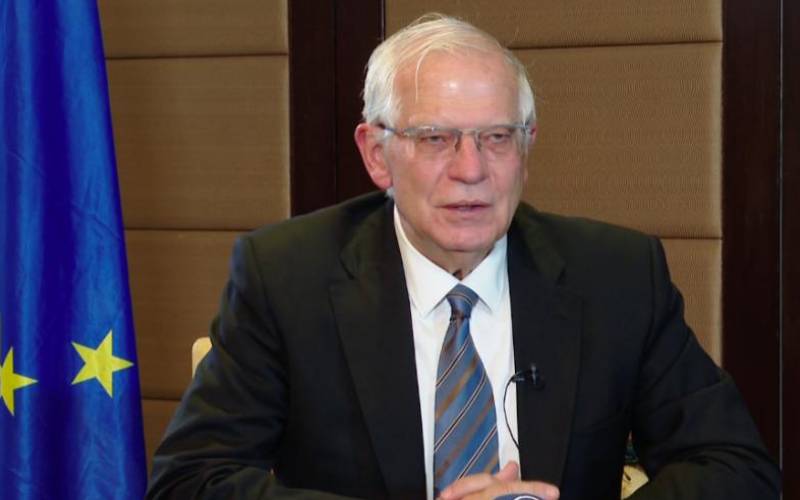×
The Standard e-Paper
Stay Informed, Even Offline

European Union’s top diplomat on Friday met with President Uhuru Kenyatta and discussed the bloc’s future ties with Nairobi and the six East African Community member states.
President Kenyatta witnessed the signing of a joint declaration on the Kenya-European Union strategic dialogue by Foreign Affairs Cabinet Secretary Raychelle Omamo and visiting EU foreign policy Chief Josep Borrell.